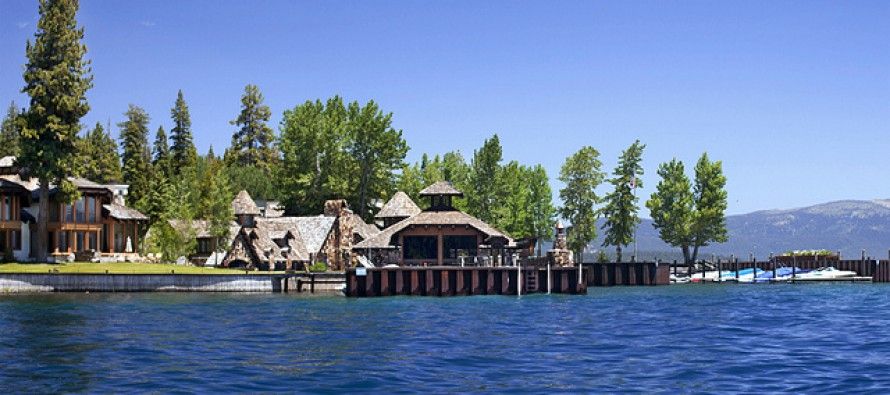California blinks in Tahoe dispute

 Since California and Texas are large and populous states controlled by different parties with nearly polar opposite political ideologies, pundits are fond of comparing the two. After all, different policies for taxation, education, regulation and myriad other issues have resulted in two different states.
Since California and Texas are large and populous states controlled by different parties with nearly polar opposite political ideologies, pundits are fond of comparing the two. After all, different policies for taxation, education, regulation and myriad other issues have resulted in two different states.
Beyond comparisons, those differences also lead to outright competition. Perhaps the most memorable example of this was when Republican Texas Gov. Rick Perry visited California businesses earlier this year to market Texas for growth and expansion.
But Texas isn’t the only state that has been outmaneuvering California lately.
Earlier this week, the Los Angeles Times reported that Nevada, through deft political maneuvering, has moved California to the right on environmental policy:
“Almost as long as California and Nevada have shared Lake Tahoe's pricey shoreline, the two states have harbored competing visions of how best to prosper from the region's stunning natural beauty while preserving the lake's deep-azure color and remarkable clarity.
“At times, the disputes have flared into what Joanne Marchetta, executive director of the Tahoe Regional Planning Agency, describes as a 'red-hot crucible for debate and dissonance.'”
Although California and Nevada have different ideas for how to develop the lake — Nevada being more open to commercial development — the two states have maintained a development pact for more than 45 years.
The pact was simple. California and Nevada, both states with partial control over the lake, will negotiate on how to develop the land. That way, any development would be consistent throughout the lake. The Tahoe Regional Planning Agency, a joint effort between the states that received an overwhelming majority of its funding from California, made decisions about how to develop the lake.
Impatience
However, as time passed, officials in Nevada grew impatient with California’s approach to the pact. Nevada wasn’t angry about a specific incident; rather, the problem was about broader issues surrounding development. Nevada officials, who were inherently more skeptical of overregulation than officials in California, wanted the interstate agency that makes decisions about development to take economic considerations into account. California didn’t.
This caused a major rift between the two states, and Nevada threatened to pull out of the agreement with its more liberal neighbor. In fact, Nevada threatened to do so over half a dozen times. In 2010, the frustration reached a boiling point, and it appeared that Nevada was finally going to walk away from the agency—and develop its side of Tahoe however it wanted.
For Nevada, the threat was perfectly timed.
As the Times put it, “The maneuver was political brinkmanship, playing on California's fears about what would happen on the Nevada side of the lake without the planning compact. It worked.”
In fact, it worked well enough to produce a very rare bipartisan consensus in the California Legislature. The state Senate approved the bill with a 37-0 vote. Likewise, the Assembly approved the measure, 74-0.
One prominent environmentalist told the Times, “We got rolled.”
Others, however, see the move as a legitimate compromise. Development will remain limited, but instead of maintaining a myopic focus solely on environmental protection, the state will also consider economic factors.
The Times summed up the situation:
“Critics of the plan have warned that it will lead to pell-mell development and a Reno-ization of the picturesque lake. Public officials on both sides of the lake say that is an exaggeration.
“But everyone agrees that Lake Tahoe's foreshore will take on a new look: denser and taller development squeezed into town centers and fewer of the region's dowdy but affordable mom-and-pop '60-s era motels.”
Gov. Jerry Brown has yet to comment on whether or not he will sign the bill. But one thing is certain: there is now a bipartisan consensus against dowdy motels.
Related Articles
California utilities want billion-dollar charger buildout
California’s utility companies have unveiled a plan to allocate $1 billion to a statewide charging station program, designed to
Rail series: A capitalist solution for California train travel
This is Part 2 of a series. Click to read Part 1, Part 2, Part 3, Part 4, Part 5 and Part 6. Dec. 12, 2012 By Stan
Gov. Brown opposes CA minimum wage hike
Opening another fissure with members of his own party, Gov. Jerry Brown has come down on the opposite side of a




